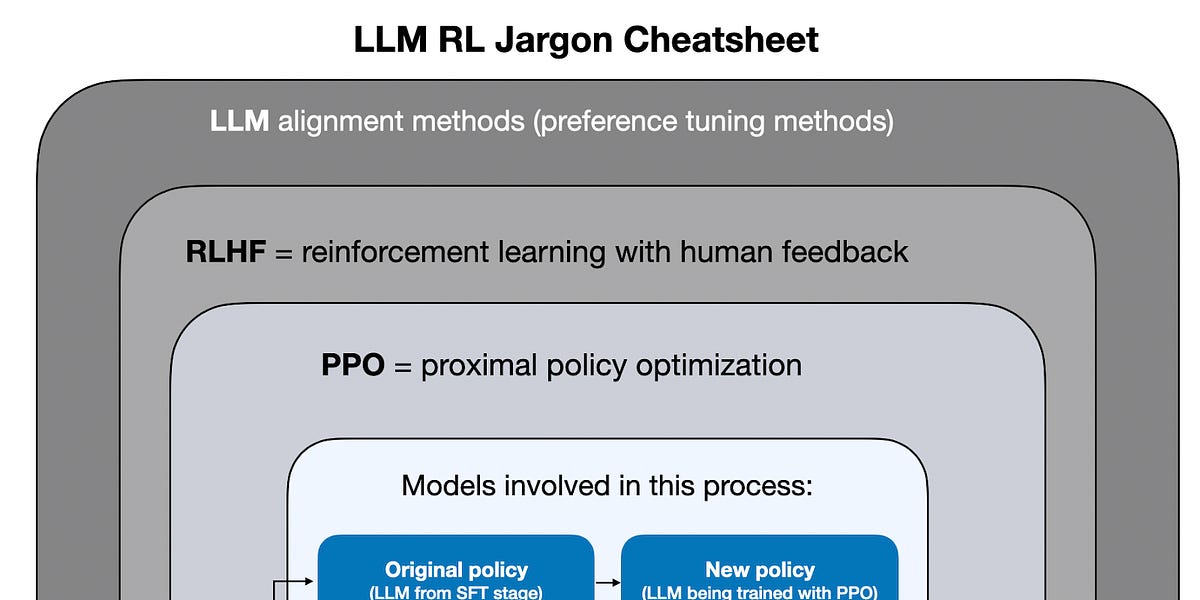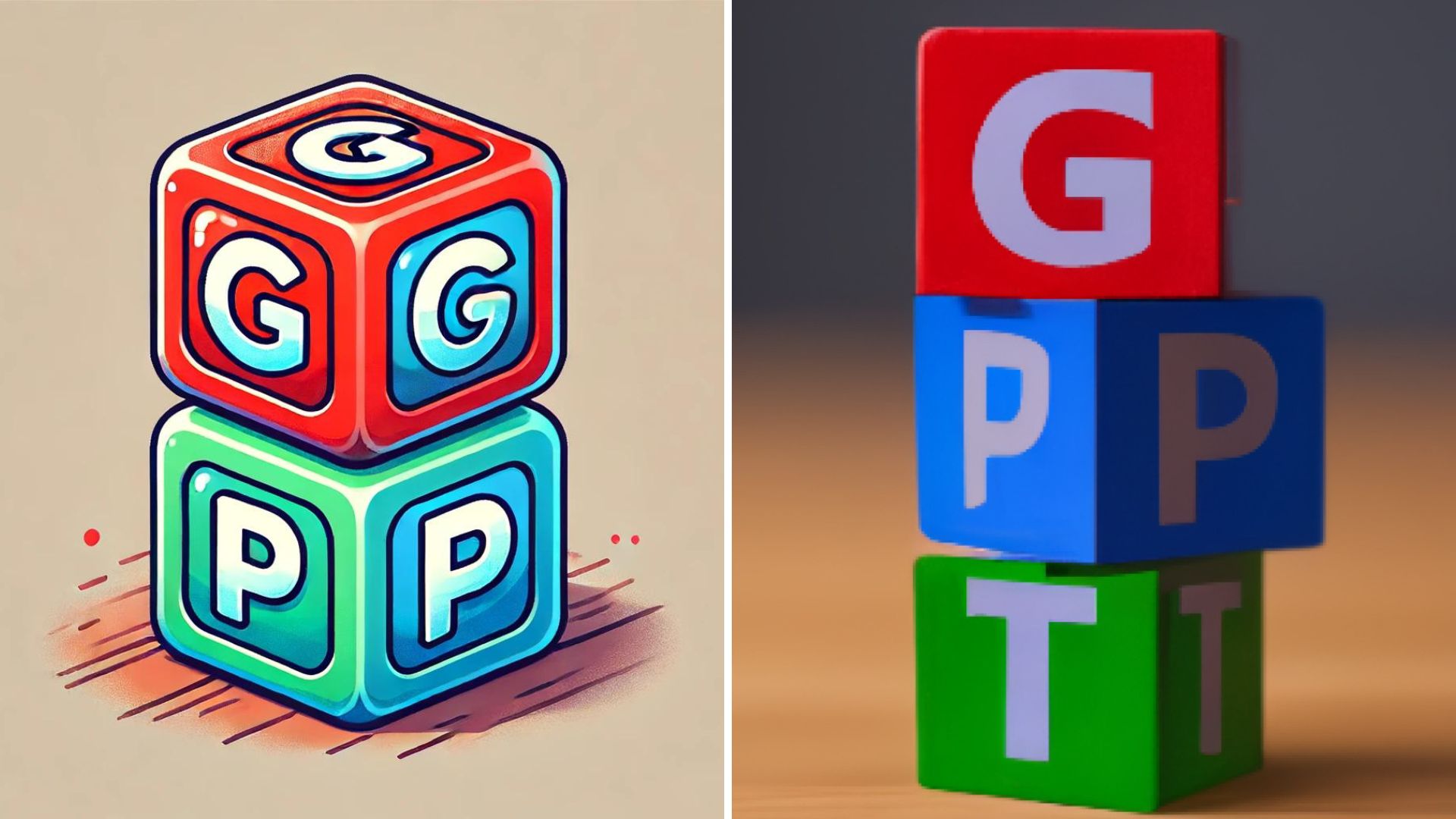The key to achieving this also lies in assembling a world-class AI team, says CEO Siddharth Bhatia.

Illustration by Nalini Nirad
Machine learning platform TurboML is among the frontrunners awaiting a decision from the IndiaAI Mission on its proposal to build foundational AI models trained on Indian datasets.
As a first-time founder, TurboML’s Siddharth Bhatia spoke to AIM about his goal of building a home-grown foundational model for less than $12 million.
China’s DeepSeek claims to have built its model for less than $6 million. Although Bhatia did not specifically address this figure, he pointed out that being part of the IndiaAI mission would grant access to subsidised compute rates through government vendors and contracts.
But, can a SOTA foundational model really be built in 6 months?
Bhatia believes this is possible with reinforcement learning, data generation, and global collaboration.
The Indian problem is unique. Bhatia said India faces challenges primarily due to the lack of internet-scale data compared to countries like the US and China. Besides, linguistic diversity adds to our woes.
Bhatia said that TurboML will take a phased approach, starting with smaller datasets and model parameters and scaling 10x at each stage. The roadmap involves progressing from less than 20 billion tokens initially to around 70 billion tokens later on.
He also highlighted the different steps, including pre-training, post-training, and reinforcement learning for preference data. The platform attempts to structure the process in phases to make the timeline achievable.
IT minister Ashwini Vaishnaw expects India’s LLM to be ready in ten months. The government has set aside ₹2,000 crore for the IndiaAI mission and has received 67 proposals so far, including 22 for LLMs. The Ministry of Electronics and Information Technology (MeitY) will keep accepting proposals until the 15th of each month for the next six months or until they have a sufficient number.
AIM also spoke with IIT Madras professor Balaraman Ravindran, mentor to Perplexity CEO Aravind Srinivas, to assess if the timeline was plausible.
“I think six months is too aggressive a timeline for us to really build super capable models. What we are probably going to get are right or decent models; we are not going to shake the world,” he told AIM. Interestingly, IIT Madras has also submitted a proposal under the IndiaAI mission in collaboration with a startup.
Other players such as Sarvam AI, Krutrim, CoRover.ai, Zoho, LossFunk, Kissan AI, Soket AI Labs, TurboML, and IIIT Hyderabad are also in the race to develop India’s next GenAI models under the mission.
Building a ‘Global Team’
The key to achieving this also lies in assembling a world-class team. Through a post on social media, Bhatia called for remote AI researchers and engineers. “We’re trying to do something similar to [Mira Murati’s] Thinking Machines Lab by bringing different researchers together,” said Bhatia.
Coming to his hiring philosophy, Bhatia noted that the team is not limited to just Indian talent. They are looking for international experts from companies like Meta, OpenAI, and Anthropic, as well.
He said that the core team is remote, with a presence in India and the San Francisco Bay Area.
Origins of TurboML
Bhatia did his PhD in real-time machine learning at the National University of Singapore (NUS). This is also where he met his co-founder, Arjit Jain. “My co-founder was at IIT Bombay and had come for an internship at NUS. That was my first hire as a PhD student.” Their research is also published conferences like NeurIPS.
On his startup breakthrough, he said, “One of our projects got featured on the front page of Y Combinator’s Hacker News… people from Amazon, MasterCard, and Instacart implemented their own versions.”
Subsequently, the news led to a lot of inbound interest from major companies, who asked for a product around their project, said Bhatia.
This also led to their transition from academia to entrepreneurship and consulting. Initially, they handled the demand through consulting engagements, working directly with companies on specific implementations.
“We started working with a few companies just on a contractual consulting basis.” Bhatia noted that such engagements helped them understand real-world use cases and needs, beyond academic research.
This led them to start TurboML.
The company focuses on real-time machine learning use cases like anomaly detection and fraud detection.
According to Bhatia, the platform keeps traditional ML models and LLMs continually updated with fresh data through a streaming paradigm. It also supports real-time feature engineering and offers API and enterprise solutions.
In the end, Bhatia concluded that independent of government support, they plan to proceed, as they see significant value in the foundational model they are developing. The company has already raised funding, though they haven’t come out of stealth mode yet.
Aditi Suresh
I hold a degree in political science, and am interested in how AI and online culture intersect. I can be reached at [email protected]
Subscribe to The Belamy: Our Weekly Newsletter
Biggest AI stories, delivered to your inbox every week.
Rising 2025 Women in Tech & AI
March 20 - 21, 2025 | 📍 NIMHANS Convention Center, Bengaluru
AI Startups Conference.April 25, 2025 | 📍 Hotel Radisson Blu, Bengaluru, India
Data Engineering Summit 2025
May 15 - 16, 2025 | 📍 Hotel Radisson Blu, Bengaluru
MachineCon GCC Summit 2025
June 20 to 22, 2025 | 📍 ITC Grand, Goa
Sep 17 to 19, 2025 | 📍KTPO, Whitefield, Bengaluru, India
India's Biggest Developers Summit Feb, 2025 | 📍Nimhans Convention Center, Bengaluru

 1 month ago
18
1 month ago
18








